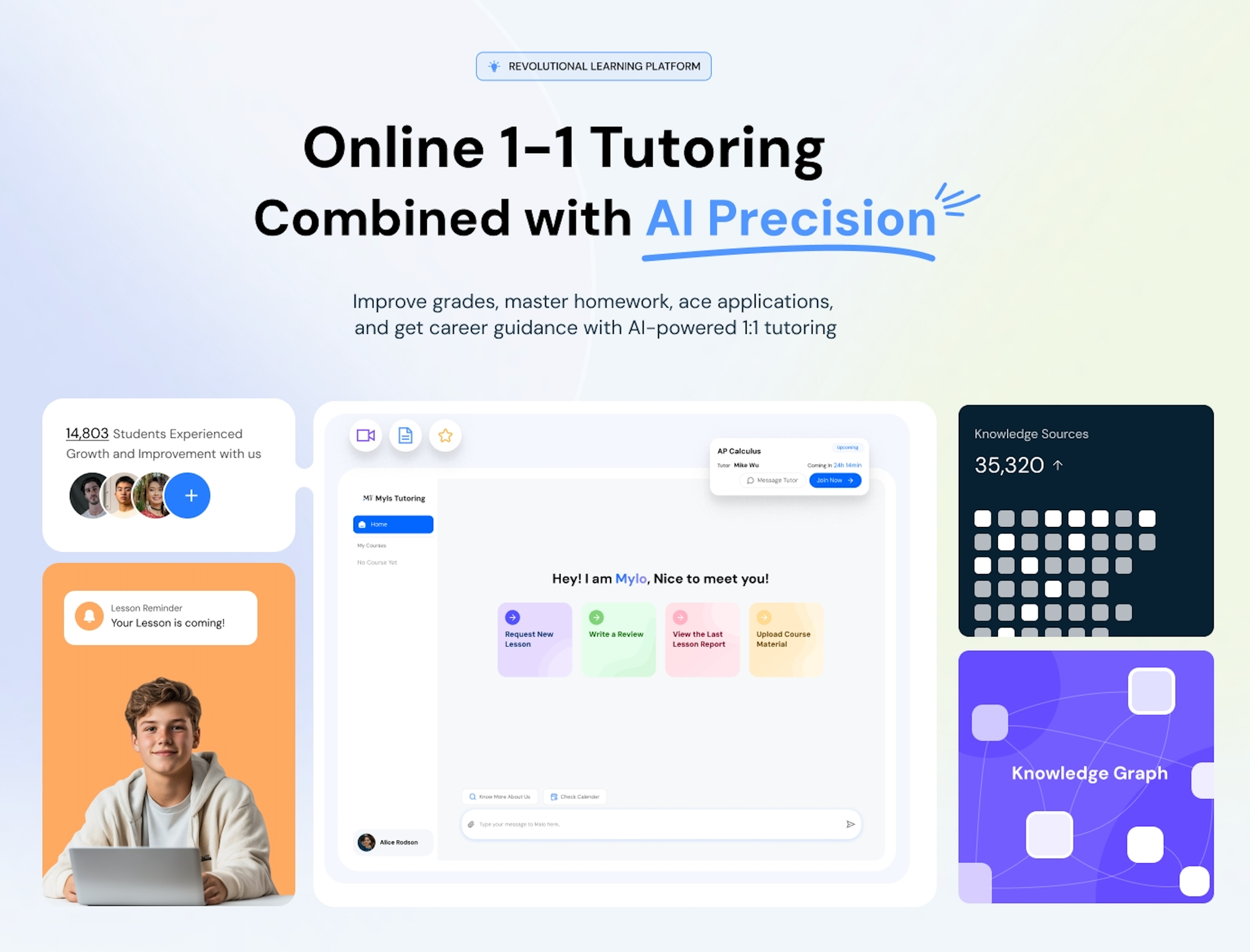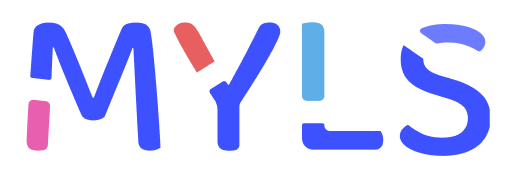Is Online Tutoring as Effective as In-Person? What the Research Says
Wondering if online tutoring is as good as in-person? Research shows it is—when done right. Learn how Myls Tutoring combines expert instruction with smart tech to deliver real academic results, wherever you are.

As more students and parents turn to digital solutions for academic support, one question comes up again and again: Is online tutoring as effective as in-person tutoring? For many families, this decision comes down to convenience versus quality. But in today’s education landscape, those two things are no longer at odds.
Thanks to advancements in technology and pedagogy, online tutoring is proving to be not only a flexible alternative—but in many cases, an equally (or even more) effective solution. Let’s take a closer look at what the research says—and how platforms like Myls Tutoring are using smart strategies to make online learning truly impactful.
What the Studies Show: Online Tutoring Delivers Results
Numerous studies have evaluated the impact of online tutoring in comparison to face-to-face models. One meta-analysis published in the Journal of Research on Technology in Education found that online learning environments can be just as effective as traditional ones—provided that they incorporate interactive tools and regular feedback loops .
A more recent study by the Education Endowment Foundation (EEF) in the UK examined online tutoring for K-12 students during the pandemic and found “positive and comparable academic outcomes” to high-quality in-person tutoring—especially when sessions were structured, personalized, and consistent .
Additionally, a 2022 Harvard University study noted that virtual tutoring led to substantial gains in math proficiency among underserved students, highlighting how online access can help bridge achievement gaps.
Why Online Tutoring Works
While the physical presence of an in-person tutor may offer a sense of familiarity, online tutoring has unique advantages that support learning in a digitally fluent world.
Personalized Learning at Scale
Online tutoring platforms can use diagnostic tools and learning analytics to tailor sessions based on a student’s strengths and challenges. With Myls Tutoring, for example, students receive AI-generated learning plans customized to their academic needs, and tutors refine them for each session.
Flexible Scheduling and Location-Free Access
No need to commute. Students can schedule sessions during evenings, weekends, or between extracurriculars. This reduces stress and increases consistency—one of the strongest predictors of learning success.
Access to a Broader Range of Tutors
Online tutoring removes geographic limits. A student in rural Ontario can now access a physics tutor from Vancouver or a writing coach with university admissions experience from Toronto.
Recorded Lessons and Digital Review Tools
Many online platforms offer lesson recordings or annotated session notes. Students can review key points or rewatch explanations—something that’s rarely available with in-person sessions.
Built-In Visual Aids and Collaboration Tools
Online whiteboards, screen sharing, and real-time editing tools make it easy to demonstrate concepts and collaborate on problems. These interactive elements keep students engaged and support multiple learning styles.
Addressing the Skepticism: What Matters Most
Of course, not all online tutoring is created equal. Just like in-person support, the success of online tutoring depends on a few key ingredients:
- A qualified, engaging tutor who can adapt to student needs
- Personalized lesson planning and targeted practice
- Real-time feedback and consistent scheduling
- The use of effective tools for interaction and progress monitoring
With these elements in place, research consistently shows that the delivery format—online or in-person—matters less than the quality of the instruction itself .
How Myls Tutoring Ensures Online Tutoring That Works

At Myls Tutoring, we’ve built our tutoring matching platform around the principles that research supports. We offer more than just video calls—we offer structured, data-driven tutoring experiences that are engaging, interactive, and deeply personalized. Here’s how we stand out:
✅ Smart Tutor Matching
We use an AI-assisted system to help each student to find a tutor based on their learning needs, course level, and personality preferences.
✅ AI-Powered Learning Plans
Students receive a diagnostic-based learning plan tailored to their strengths and gaps. Tutors adjust these plans in real time to ensure continual progress.
✅ Live Feedback and Strategy Coaching
Tutors provide immediate, clear explanations and encourage questions and metacognitive reflection to deepen understanding.
✅ Visual Learning and Session Notes
Using shared whiteboards, screen annotations, and recap notes, we make sure students stay engaged and have tools to review.
✅ Parental Insight and Progress Tracking
Parents can see how their child is progressing with regular updates and visual reports on mastered skills and current challenges.
🎯 Ready to experience how effective online tutoring can be?
📅 Book a 30-minute trial session with Myls Tutoring today and see firsthand how personalized, tech-supported learning leads to real results.
References:
Means, B., Toyama, Y., Murphy, R., Bakia, M., & Jones, K. (2010). Evaluation of Evidence-Based Practices in Online Learning. U.S. Department of Education. https://tech.ed.gov/files/2013/10/implications-online-learning.pdf
Education Endowment Foundation (2022). Best Practice in Online Tutoring. https://educationendowmentfoundation.org.uk/education-evidence/teaching-learning-toolkit/one-to-one-tuition
Robinson, C., Kraft, M. A., Loeb, S., & Schueler, B. E. (2022). Accelerating Student Learning with High-Dosage Tutoring. Harvard University. https://edworkingpapers.com/sites/default/files/ai22-521.pdf
VanLehn, K. (2011). The Relative Effectiveness of Human Tutoring, Intelligent Tutoring Systems, and Other Tutoring Systems. Educational Psychologist, 46(4), 197–221. https://doi.org/10.1080/00461520.2011.611369



